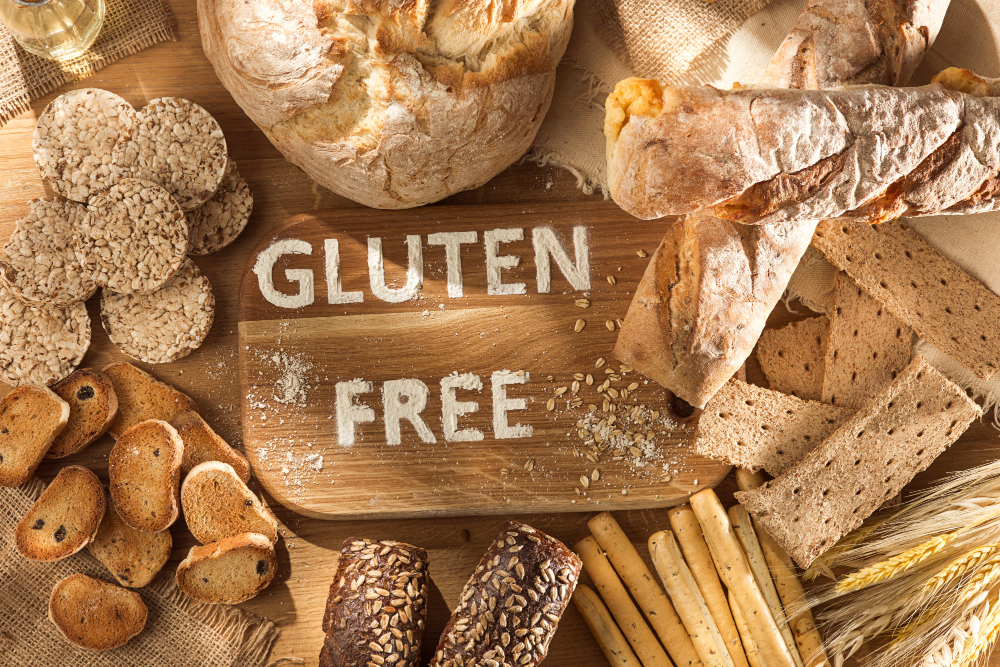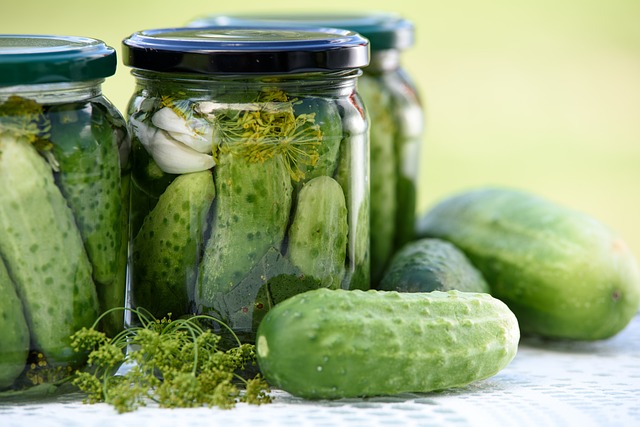Inflammation is a natural immune response that helps protect the body from injury and infection. However, chronic inflammation can contribute to various health conditions, including heart disease, diabetes, and arthritis. An anti-inflammatory diet focuses on consuming whole, nutrient-dense foods that have been shown to reduce inflammation in the body. By incorporating these foods into your daily eating habits, you can nourish your body and promote optimal health.
Foods that Fight Inflammation
Certain foods possess powerful anti-inflammatory properties and can be a valuable addition to your diet. Include the following:
- Fatty Fish: Fatty fish like salmon, mackerel, and sardines are rich in omega-3 fatty acids, which have potent anti-inflammatory effects. These healthy fats help reduce inflammation and promote heart health.
- Leafy Greens: Leafy greens such as spinach, kale, and Swiss chard are packed with antioxidants, vitamins, and minerals. They contain compounds that combat inflammation and support overall well-being.
- Berries: Berries like blueberries, strawberries, and cherries are abundant in antioxidants, specifically anthocyanins, which have anti-inflammatory properties. Incorporating a variety of berries into your diet can provide a delicious and nutritious way to fight inflammation.
- Turmeric: Turmeric is a spice commonly used in curries and has a compound called curcumin, known for its powerful anti-inflammatory and antioxidant effects. Including turmeric in your cooking or adding it to smoothies can offer a flavorful anti-inflammatory boost.
- Ginger: Ginger is another spice with impressive anti-inflammatory properties. It can be added to dishes, used to make soothing teas, or incorporated into smoothies for a warming and anti-inflammatory twist.
- Nuts and Seeds: Almonds, walnuts, flaxseeds, and chia seeds are rich in healthy fats, fiber, and antioxidants. They provide anti-inflammatory benefits and can be enjoyed as a snack or added to salads, yogurt, or smoothies.
Foods to Avoid
To support an anti-inflammatory lifestyle, it is important to minimize or avoid pro-inflammatory foods. These include:
- Processed Foods: Processed foods often contain high amounts of refined sugars, unhealthy fats, and artificial additives, all of which can trigger inflammation in the body. Opt for whole, unprocessed foods whenever possible.
- Refined Sugars: Foods and beverages with added sugars, such as sodas, sweets, and baked goods, can lead to increased inflammation and negatively impact overall health. Choose natural sweeteners like honey or opt for whole fruits for a healthier alternative.
- Trans Fats: Trans fats, commonly found in fried and commercially baked goods, are highly inflammatory. Read food labels and avoid products that contain hydrogenated or partially hydrogenated oils.
- Excessive Alcohol: While moderate alcohol consumption may have some health benefits, excessive or chronic alcohol intake can contribute to inflammation and other health problems. Practice moderation and consider alternative non-alcoholic options.
Meal Planning Tips
Incorporating an anti-inflammatory diet into your daily routine doesn’t have to be overwhelming. Here are some practical tips:
- Base your meals around whole, unprocessed foods like fruits, vegetables, whole grains, lean proteins, and healthy fats.
- Include a variety of colorful fruits and vegetables to benefit from a wide range of antioxidants and phytochemicals.
- Experiment with herbs and spices like turmeric, ginger, garlic, and cinnamon to add flavor and anti-inflammatory benefits to your dishes.
- Plan your meals in advance to ensure you have a variety of anti-inflammatory foods throughout the week. Consider batch cooking and meal prepping to save time and make healthier choices easily accessible.
- Incorporate recipes that feature anti-inflammatory ingredients, such as salads with leafy greens, berries, and nuts, or grilled salmon with turmeric-spiced vegetables.
Adopting an anti-inflammatory diet can have a positive impact on your overall health and well-being. By incorporating foods that fight inflammation and avoiding pro-inflammatory choices, you can support your body’s natural defenses and reduce the risk of chronic diseases. Remember, consistency and balance are key, and always consult with a healthcare professional or registered dietitian to customize your diet based on individual needs and health conditions. Embrace the power of nutrition and nourish your body for optimal health with an anti-inflammatory diet.
Image by hazan aköz ışık from Pixabay
Diet
-

Can Arthritis Sufferers Benefit From A Gluten-Free Diet?
The relationship between diet and health has led to increased interest in dietary interventions for various medical conditions, including arthritis. One such approach is adopting a gluten-free diet, which involves eliminating gluten-containing foods. This article explores whether going gluten-free can benefit individuals with arthritis, examining both potential advantages and drawbacks. Understanding Arthritis and Gluten Sensitivity…
-

How to Overcome the Allure of Processed Foods and Make Healthier Choices
-

Foods that Fuel Fatigue: Be Mindful of Your Diet to Boost Energy Levels
-

The Health Benefits of Dark Chocolate for the Heart
-

Unveiling the Health Benefits of Pickles and How to Find the Healthiest Options
-

Nourishing Your Bones: 6 Essential Foods for Osteoporosis Prevention
-

Stock Up with Healthy Snacks with These 10 Easy Tips









Leave a Reply